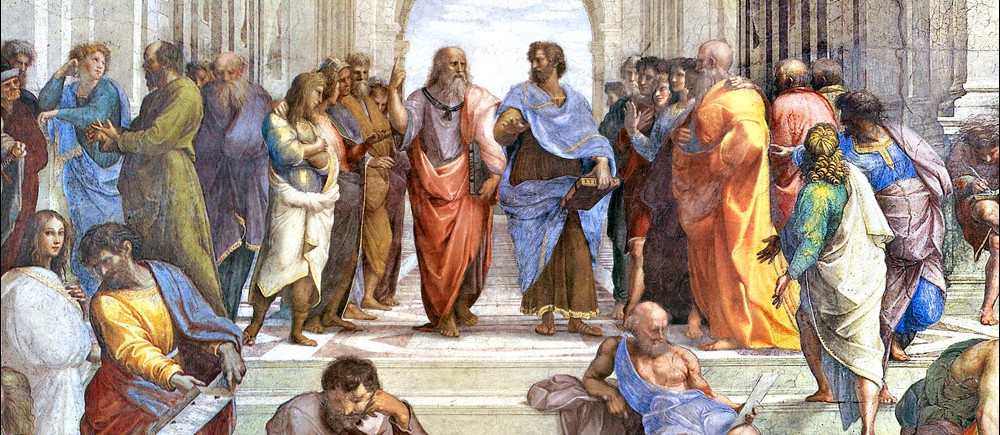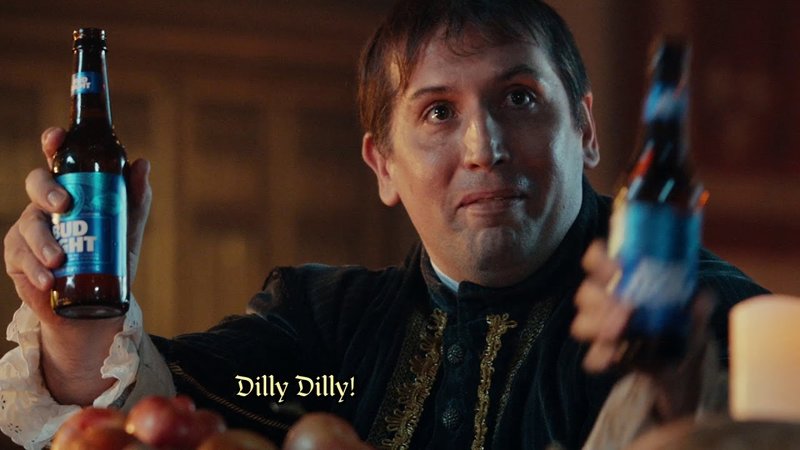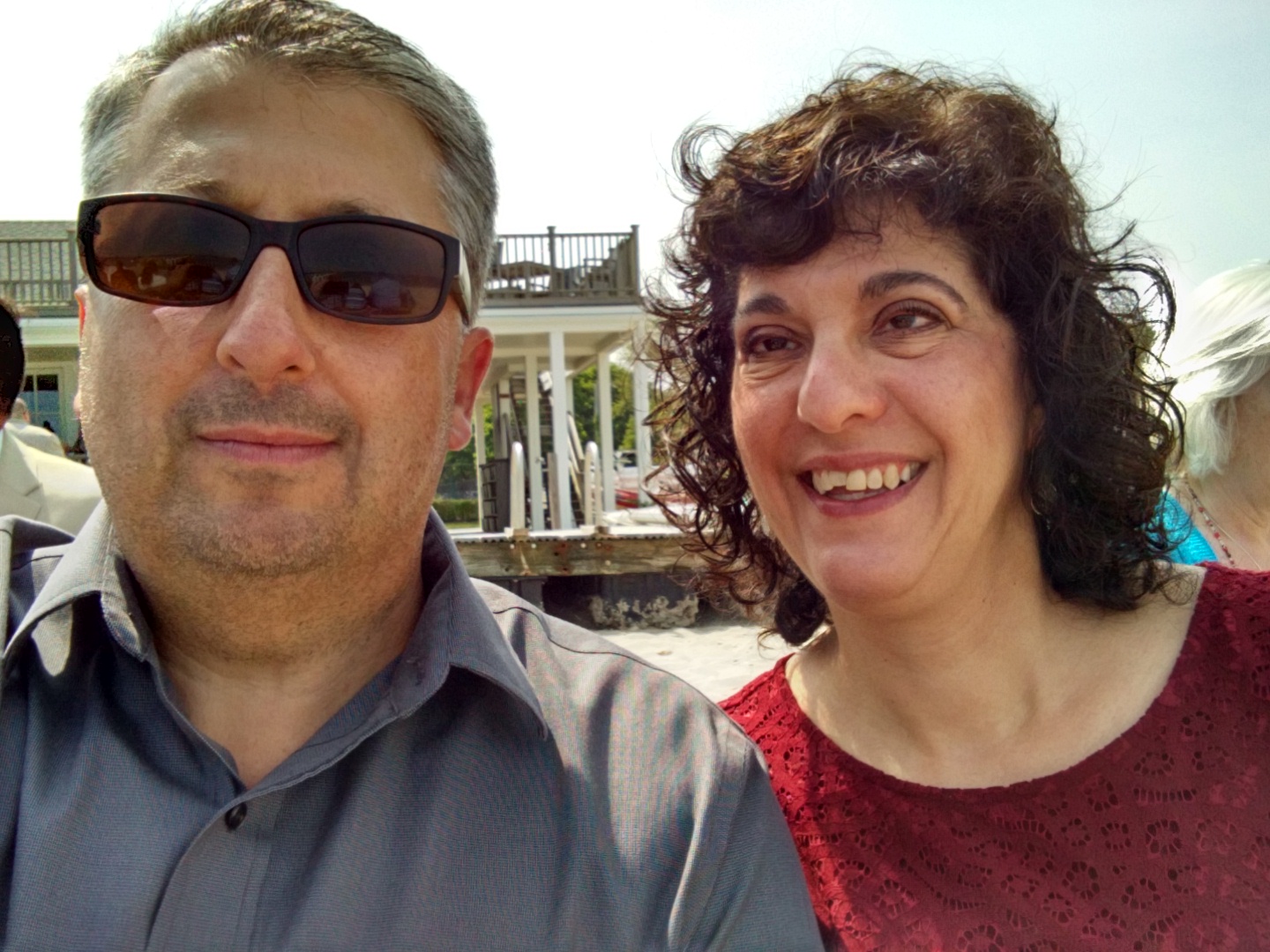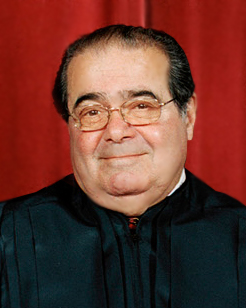It has now been about five weeks since I announced that I am now an ethical vegan (someone who does not eat anything derived from an animal for ethical reasons) and explained the reasons for that decision. Since then, many friends and family members have asked me a lot of questions. I’m going to address some of them here:
Didn’t You Roast a Pig?
Yes, I did. Multiple times. About ten years ago, I purchased a wooden box that can be used to roast a whole pig of up to 100 lbs. I have used it on several occasions for large parties. The last time that I used it was about six years ago.
This last pig roast was after I had begun to question the morality of meat eating. While many people find the concept of roasting a whole pig repulsive, my view was different. Personally, I did not see the difference between roasting a whole pig and buying BBQ takeout. Others see it as far worse. I think that is because they are uncomfortable to think about the source of their meat. I thought that it was important for meat-eaters to acknowledge that meat comes from animals, not from plastic-wrapped packages at the grocery.
I think that was an important step for me. By confronting that reality, I was better able to consider the suffering that was involved in my food choices. Incidentally, that last pig roast was a fund raiser hosted by Hartford Area Humanists. I also scheduled another event for that group just a few weeks later. The topic was “Should Humanists Be Vegetarian?”.
Where Do You Get Your Protein?
Lots of places. Mostly Stop & Shop.
It is actually quite easy to get all of the protein that you need from plants. I am careful to include whole grains, nuts, legumes, and seeds into my diet each day. The main thing that vegans must worry about is Vitaimin B-12, and I take a supplement for that everyday.
Didn’t You Do This Once Before?
I think that the hidden implicit meaning behind this question is that some are understandablly skeptical of whether this is a permanent change and not just a passing fad.
Yes, I did adopt a vegan diet once before – almost eight years ago. That lasted less than a month. However, even in that failure, I believed in the rightness of that lifestyle. In many ways, I have been transitioning to my current diet since that time by reducing meat and other animal products. Eventually becoming vegan remained a goal.
This time around, I learned from my previous attempt. Last time, I went “cold turkey”. This time, I took about two months to make the transition. I learned to prepare new dishes to find new foods and dishes to replace those that were being reduced and eliminated. I gave my body (and the bacteria in my gut) time to adjust to the change. (See discussion below regarding my “system”)
I’ve also put more thought into the reasons for being vegan. Last time around, I was more motivated by health considerations, and ethics were a secondary consideration. This time, the choice was entirely motivated by ethics and concern for the environment. Every day, I think every day about the reasons for this choice, and that fortifies me to remain vegan. Each week has been easier.
I frequently find myself in situations where there are few or no good food options. When that happens, I remind myself that a little hunger or inconvenience is inconsequential compared to the suffering that is reduced by my choices. And, with more experience, I am getting better at handling those situations all the time.
Do You Still Eat Gluten?
I get asked this a lot at restaurants. Yes, I eat gluten. Lots of it. My system handles it just fine. Seitan is a great high-protein meat substitute, and is made almost entirely from gluten..
Speaking of Your System . . . . ?
Yes, I am eating much more fiber. Lots of beans, whole grains, fruits, and vegetables. I’ve noticed that we’ve been going through toilet paper more quickly, and I have had some bloating. But, as my system has adjusted to the new diet, that is now greatly reduced and things are very nearly back to normal.
Well, I am going to keep eating meat, eggs, and dairy.
No, this is not a question. It is an assertion that I hear quite frequently. Sometimes it is offered almost as an apology. Other times, it is expressed as a defiant declaration.
This is a touchy subject for ethical vegans and the people in their lives who do not follow their example. Ethical vegans believe that it is immoral to eat meat or animal products. GIven our stance, those who continue to eat meat, etc., accurately conclude that we believe that their choices are immoral. This is the source of the tension between vegans and carnists. They perceive us to be moralizng – and I can’t disagree with them. Our beliefs implicitly condemn their choices.
Except, for me, it is not that simple. I refuse to judge other people on account of their food choices. We live in a culture that has bombarded us with messages that eating meat is natural, normal, and necessary. And, as I have learned, breaking that habit is not easy. It took me many years to do it – long after I concluded that my prior way of eating was wrong. So, I understand the choices that others make, and I do not think that they are bad people for continuing to eat meat and other animal products.
So, I continue to buy and prepare meat and animal products for family and friends who come to our home. I also prepare vegan dishes that they can try and may enjoy. I do not bring up the reasons for my veganism unless directly asked to do so, and I have made a firm rule: I never discuss the reasons for my diet at the table.
But, I do think that it is important for vegans to make others aware of their choices and the reasons that they have made them. That’s the reason for writing this blog article. My exposure to those who had thought longer and more deeply about the ethics of their diet were very influential to my decision. Even before I became vegan, those influences caused me to greatly reduce my consumption of meat and animal products for about a decade. Less is better. If everyone simply reduced their consumption, there would be less suffering and less harm to the environment. If I encourage a few people to be more mindful of their food choices and to eat less meat and animal products, that is worth the effort.
But, nobody has to apologize or justify their food choices to me. Who am I to judge, anyway? I once roasted a whole pig!



 It is hard for any liberal
It is hard for any liberal

